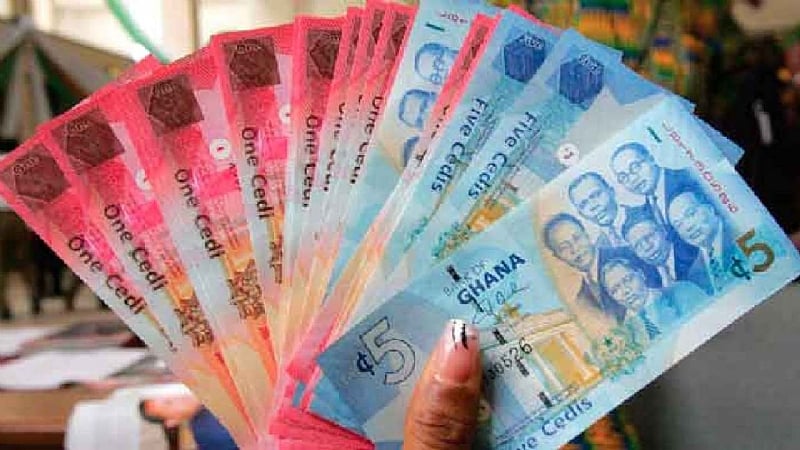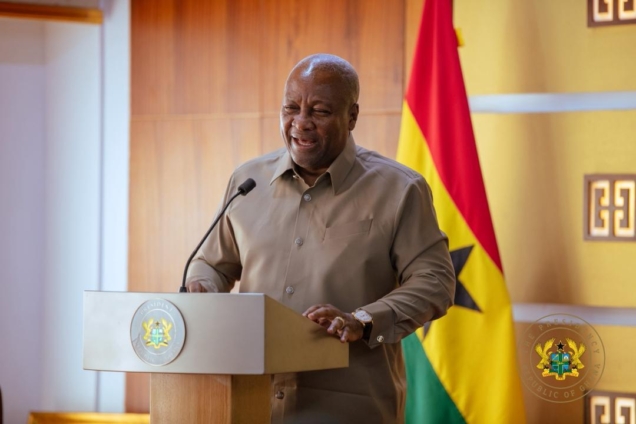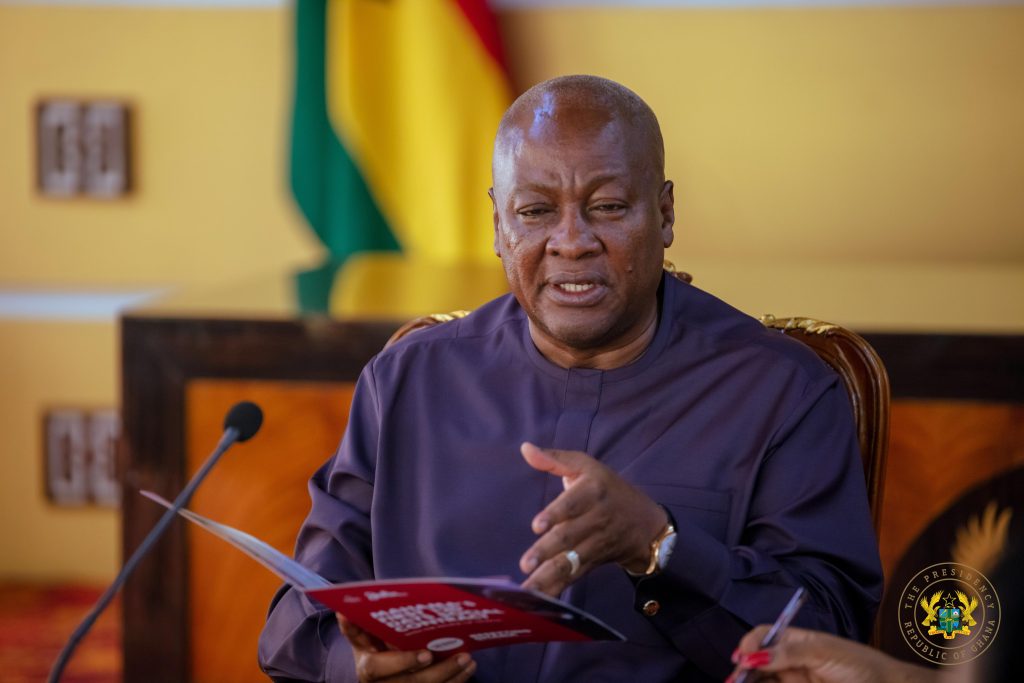President John Dramani Mahama has said the recent sharp fluctuations of the cedi reflect both overvaluation and undervaluation, stressing that the currency must ultimately settle at its “true value.”
Speaking at his maiden Presidential Media Encounter on Wednesday, September 10, the President recalled how Ghanaians once questioned whether the exchange rate would fall below ¢10.
“There was one occasion where I said people were asking whether it will go below ¢10, and I said, it is dropping, but it will find its true value. It was undervalued at ¢16, and it probably is overvalued at ¢10, but somewhere between there we have the real value of the cedi,” he explained.
Mr. Mahama emphasized that the priority must be halting sharp depreciation, which undermines economic planning.
“Almost every currency will experience either depreciation or appreciation in a year. But when you have steep depreciation—like we had in 2024, with a 25% fall in the first half of the year—it makes planning difficult,” he noted.
The President attributed part of the volatility to the Bank of Ghana’s intervention and withdrawal from the forex market, which he said created unintended consequences.
“Because of the rapid appreciation in the value of the cedi, we saw an exponential increase in imports, since people could buy cheaper dollars. On the other hand, exporters were unhappy, because they received fewer cedis for their earnings. Every country tries to find a balance where exporters can thrive while importers are not overburdened,” he said.
He admitted that responsibility rests with the central bank but pledged that under his administration, depreciation would be managed within limits.
“Where that lies, I don’t know—I’m not the central bank. But the cedi is making an adjustment, and I believe it will settle at a certain rate. We will ensure that any depreciation that occurs is within about 5% per annum. That is the target,” he pledged.
Mr. Mahama also pointed to a 50% drop in remittances as a key factor, noting that many in the diaspora adopted a “wait-and-see” approach after the rapid appreciation of the cedi reduced the value of funds sent home.
The President further revealed troubling findings from investigations into foreign exchange transactions, disclosing that some transfer companies failed to repatriate dollars, while others obtained forex allocations for imports that never arrived.
“Over a four-year period, about $42 billion was taken out of the country without the corresponding imports. We have started sanctioning some banks and will soon interrogate individuals who ostensibly took money out against imports but failed to deliver,” he disclosed.
He insisted that protecting the currency must be seen as a collective duty.
“While we work to stabilise our economy and improve the value of our currency, we must protect it, because a good, strong cedi benefits all of us. But when people take advantage of the system, we must all condemn such acts,” the President added.













